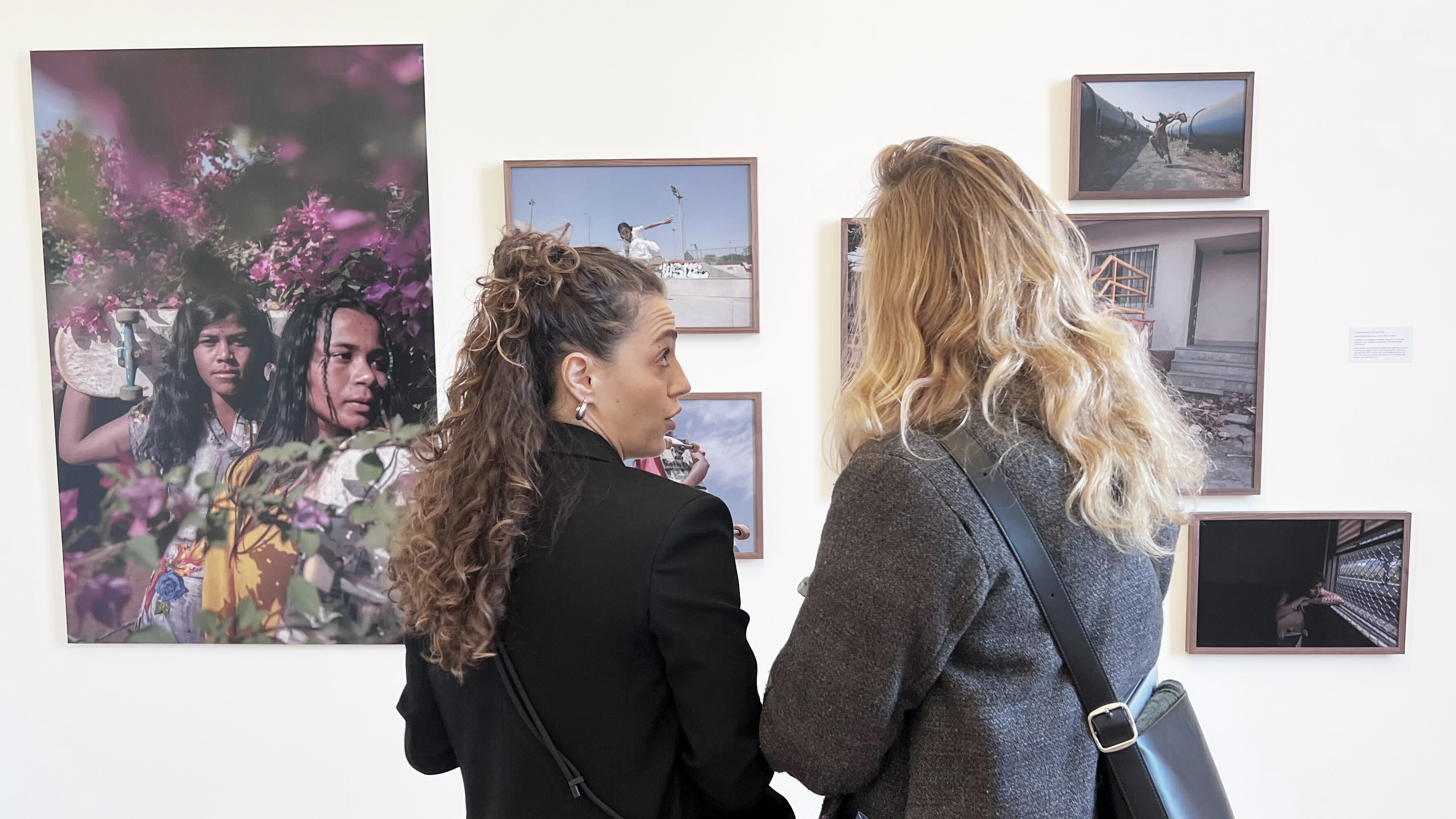How to make your black and white photography more intentional
Converting color images to monochrome is a lazy way to make them work. I'm trying to be more intentional with black and white
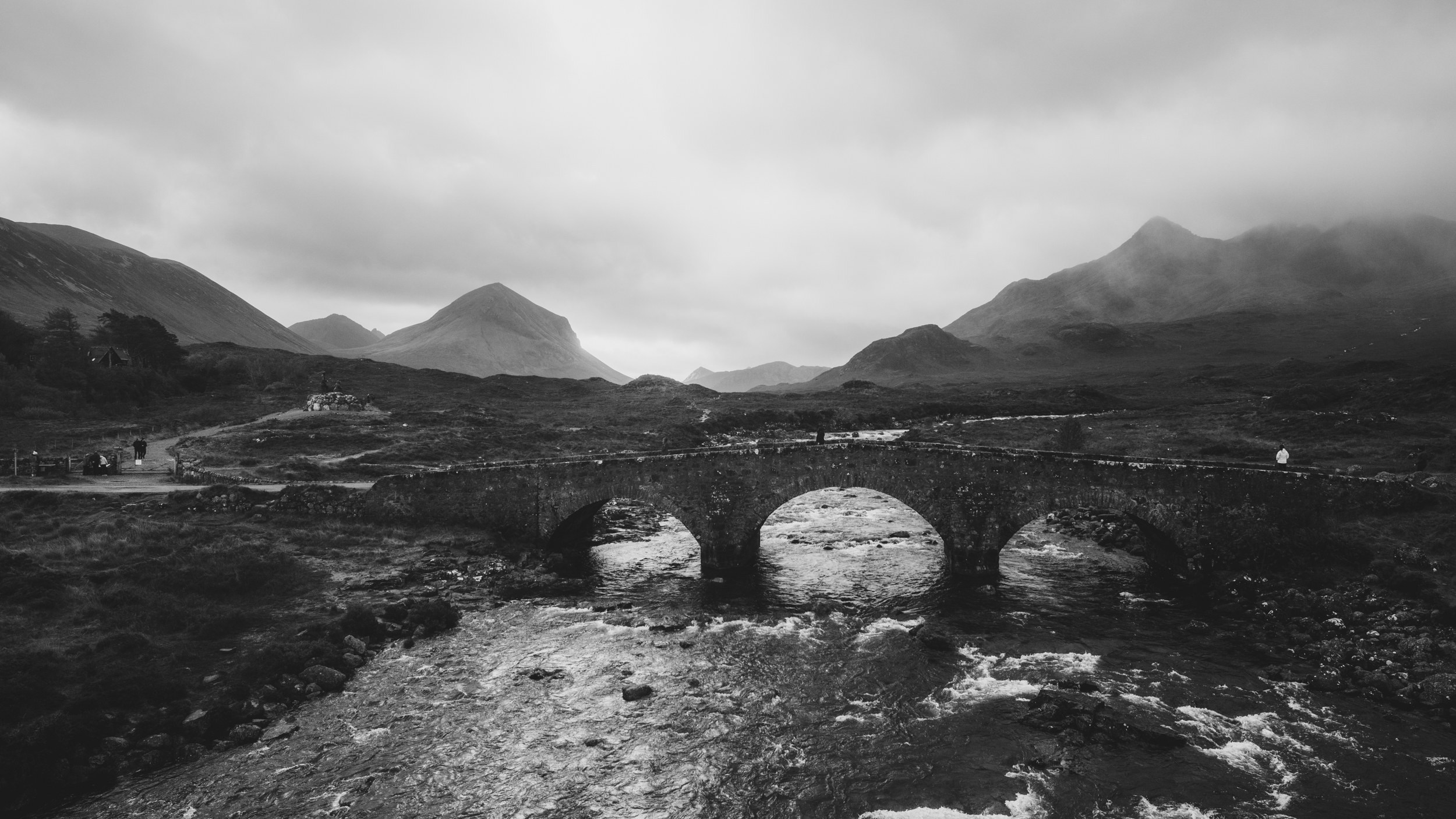
Black and white photography is a subtle art, despite the fact that in the digital age, the software does a lot of the "processing" for you. But because it's become so easy to change the colors (or lack of) in an image at the press of a button or drag of a slider, I fear that the art of black and white photography is becoming diluted – and that it's being used to mask a lack of talent/effort.
Blown out the highlights in the sky? Hit grayscale! Don't like the tonal range? Boom – apply a black and white preset that someone else has created. Color a bit off? You guessed it, remove it completely. I'm not saying that I've never done this, because I have. Only the other day I went out on a misty morning landscape shoot in the local area, reviewed my images afterwards, and felt that none of them really did anything at all unless I took out the color.
So what's the deal with black and white? When should you be converting images to black and white? And can it really be used to make your images look more "arty?"
There are so many ways in which black and white photography – when done well – can elevate and enhance your subject matter, and it shouldn't be used for lack of a better option. My colleague has already written eloquently on why you can't just make an image black and white and expect it to work, but I guess I'm interested in the intention behind taking the photograph in the first place. What are you saying when you take out all those bright and bold hues?
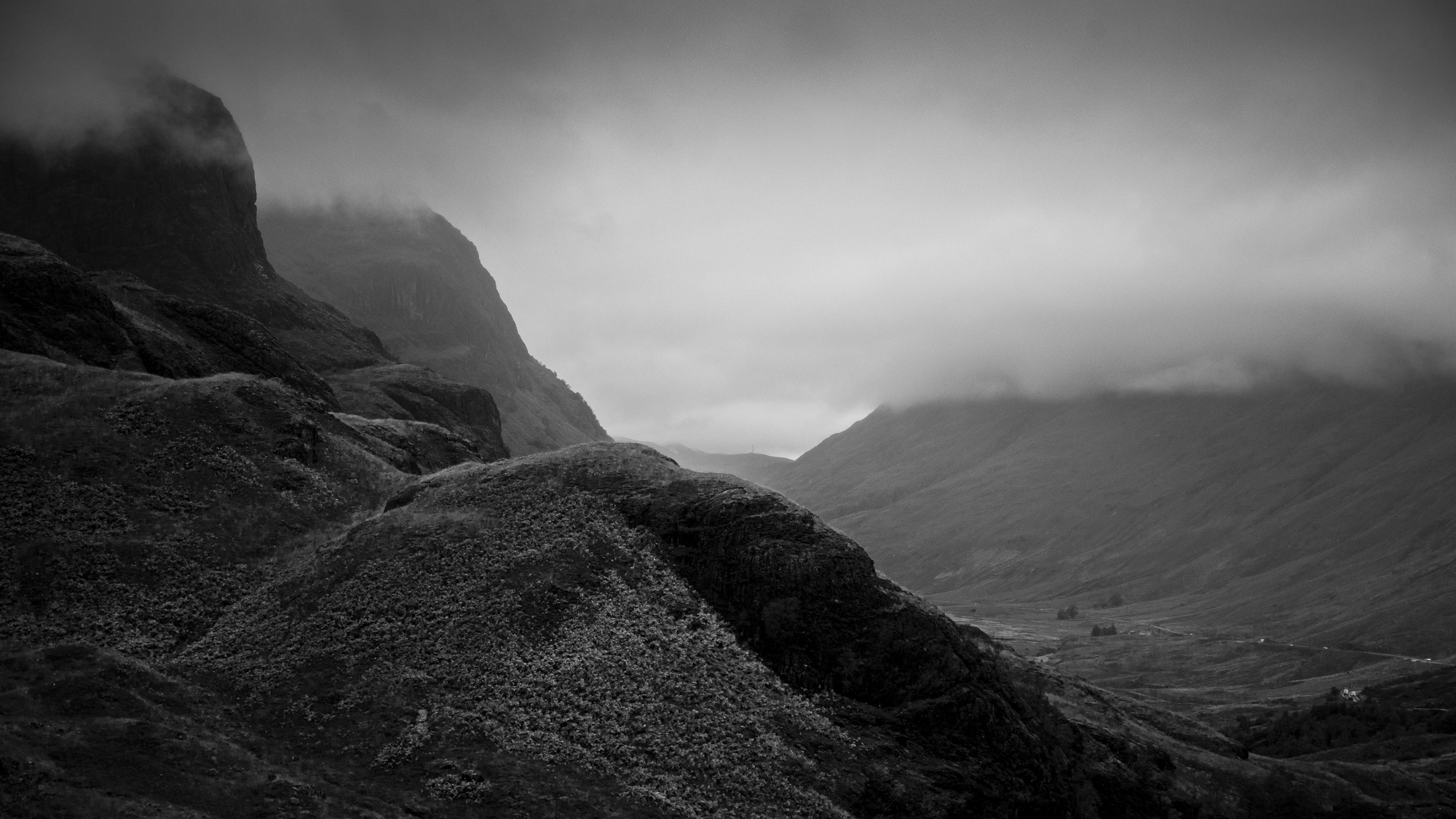
Be intentional when shooting black and white
Stripping away the color from an image allows the eye to focus on a subject, the interplay of tones and shadows, or even just abstract textures and shapes. And so by snapping away in color and then converting it on a whim, we're not necessarily seeing scenes in black and white as we're taking them, but simply shooting a rubbish photo and then trying to make it a bit more interesting in photo editing software.
Black and white as a creative choice should be used more intentionally. That's why I love black and white only cameras such as the Leica M10 Monochrom (not that I can afford one), where you're forced to see the world in a different way, and you've already somewhat leaned into this by picking it up.
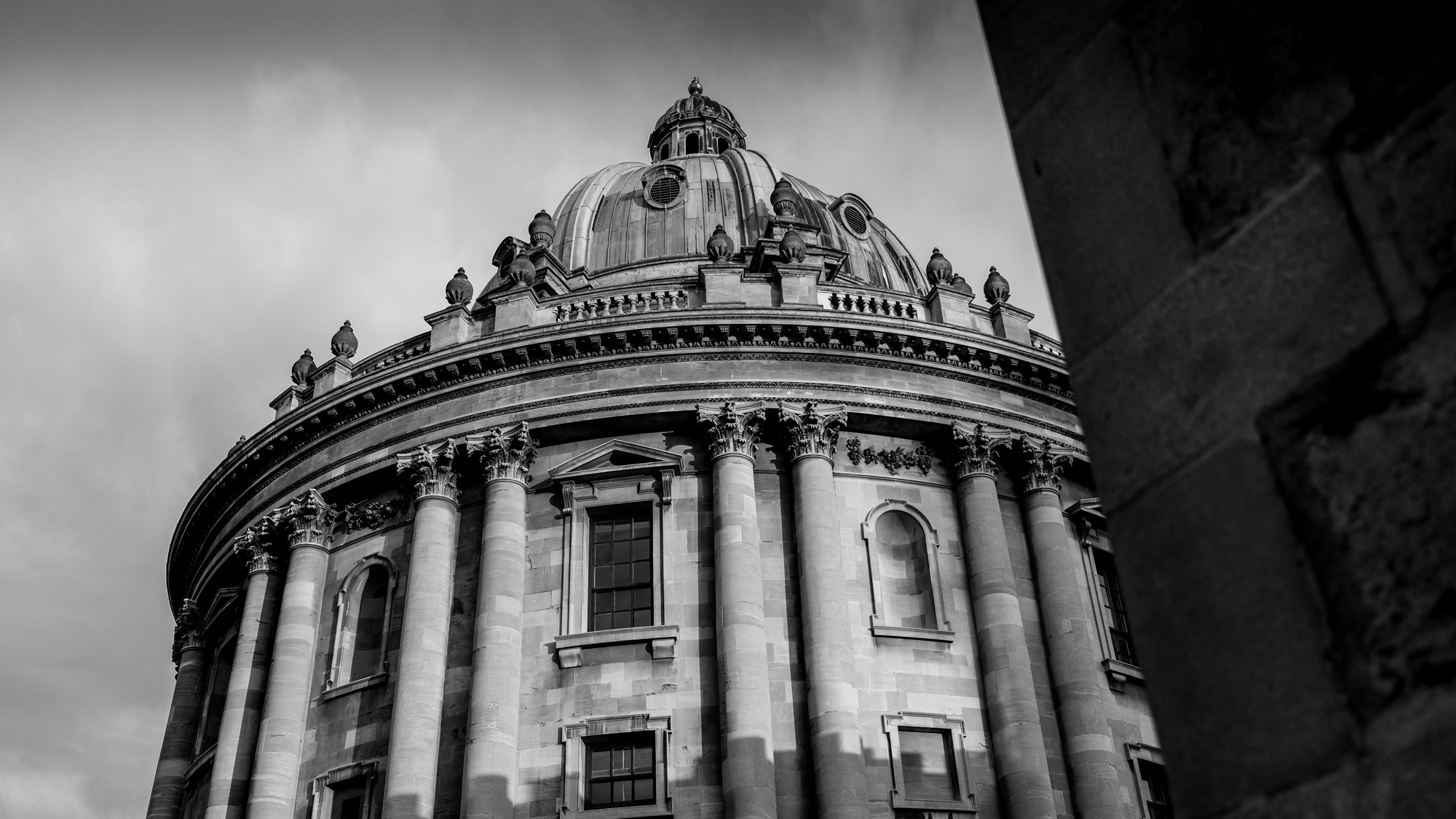
If you're going to convert your images to black and white in the hope of making them more dynamic, you need to go beyond just hitting one preset button or slider and then exporting them. You could be intentional with the editing software you choose. For example, Nik Collection 4 includes Silver Efex Pro, a very decent digital black and white plug-in. Going back a step, why not get the best camera setup for black and white?
Get the Digital Camera World Newsletter
The best camera deals, reviews, product advice, and unmissable photography news, direct to your inbox!
Only when you understand the art of shooting and processing in black and white will you get truly astounding images. Professional photographers like David Yarrow know how to get this right, which is in part why they're so successful at their craft.
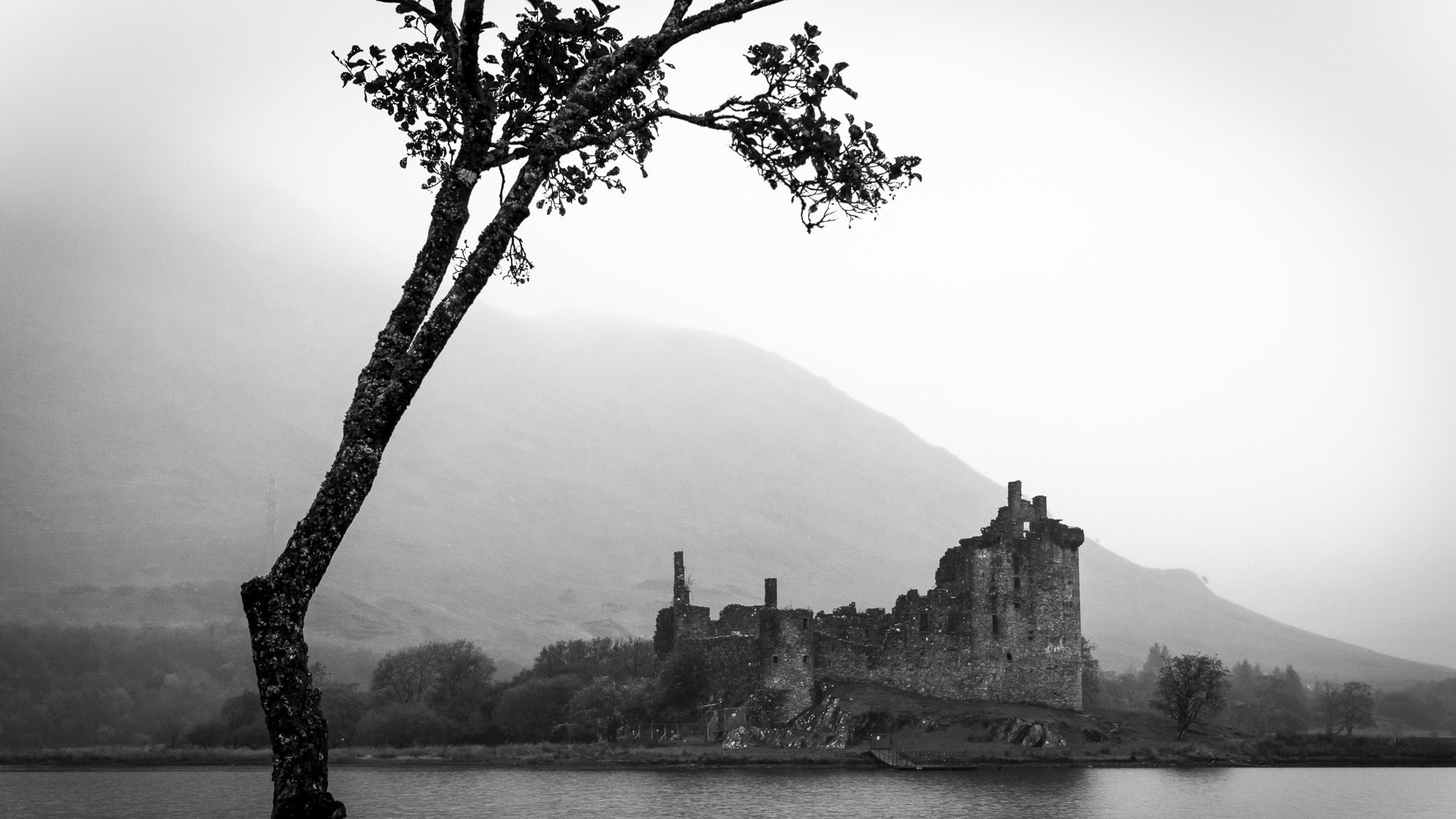
On occasion I still find myself lamenting a shoot that didn't go quite to plan and then reaching for the B&W button in Adobe Camera RAW as a quick fix. But that doesn't really work, and I want to get better. For now, I've decided to invest in some Ilford HP5+ black and white film from our best film guide, and to practice shooting and metering images in monochrome like I used to when I started out in photography – before I got a bit, well, lazy.
We're constantly being sold the idea that photography should be easier and quicker, from automatic camera settings to one-click editing and AI-powered software. But is that the route to real creativity?
Black and white photography isn't for everyone, and that's fine. But it shouldn't also be for those of us who can't make an image work otherwise. Black and white simplifies, narrates and accentuates what's already there, but it's time we (and I) realized that doesn't make a dull image work. Only hard work and true photographic talent can do that.
Learn how to improve your black and white photography, plus how to get professional-quality black and white prints at home.
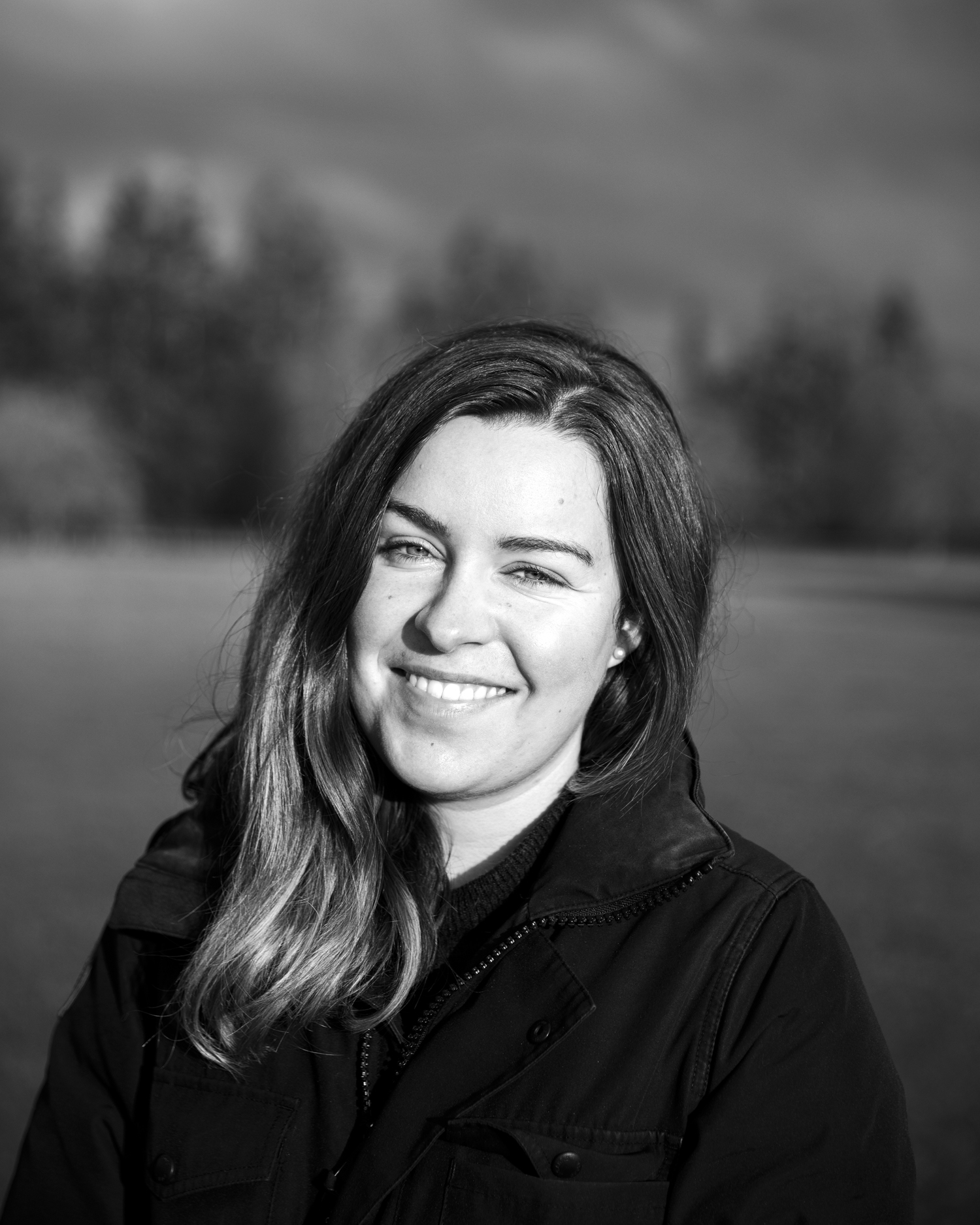
Lauren is a writer, reviewer, and photographer with ten years of experience in the camera industry. She's the former Managing Editor of Digital Camera World, and previously served as Editor of Digital Photographer magazine, Technique editor for PhotoPlus: The Canon Magazine, and Deputy Editor of our sister publication, Digital Camera Magazine. An experienced journalist and freelance photographer, Lauren also has bylines at Tech Radar, Space.com, Canon Europe, PCGamesN, T3, Stuff, and British Airways' in-flight magazine. When she's not testing gear for DCW, she's probably in the kitchen testing yet another new curry recipe or walking in the Cotswolds with her Flat-coated Retriever.
